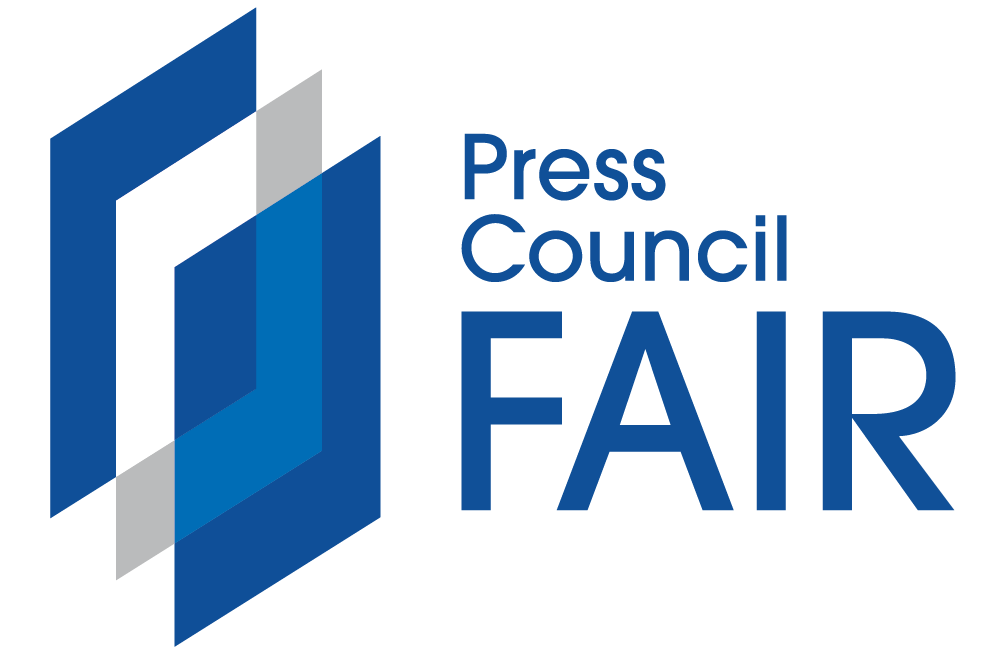Even though football is undeniably Africa’s most popular sport, with some of the world’s best talent coming from the continent, it has not yet left a significant mark at the prestigious stage in world football.
The 2022 FIFA World Cup, hosted by Qatar, is just one month away. The 32 qualifying national teams, from six continental zones, will take part in the 64-match spectacle from 20 November to 18 December.
Only two of the participating continental zones – Europe and South America – boast world cup winners. Brazil, currently ranked first in the FIFA Men’s Rankings, is the most successful country in the history of the tournament, winning it five times.

The furthest that Africa has gone is the quarter-finals: Cameroon in 1990, Senegal in 2002, and Ghana in 2010.
Five African-born players have won the world cup since its inception in 1930. Libya-born Claudio Gentile won the world cup with Italy in 1982. Ghana-born Marcel Desailly and Senegal-born Patrick Vieira won the tournament with France in 1998. Lastly, DR Congo-born Steve Mandanda and Cameroon-born Samuel Umtiti also won the world cup with France in 2018.
World Cup Spots
Europe, the world’s biggest football stronghold, is the most represented continent at this year’s world cup, with 13 spots – compared to Africa’s five – even though the Union of European Football Associations (UEFA) has just one more member country than the Confederation of African Football (CAF).
As a result, only a few African countries, less than half of CAF’s 54 member countries, have ever been to the world cup in the competition’s history.

For each world cup, FIFA decides on the number of spots allocated to each continental zone, based on their numbers and the relative strengths of their national teams.
The hosts of the competition and the immediate past tournament winner receive automatic qualification, while the rest of the countries play qualifying matches held by their respective continental zone’s confederation.

In total, there are just 13 African countries that have qualified for the FIFA World Cup. Of the 41 countries that are yet to qualify for the competition, former Africa Cup of Nations (Afcon) champions Zambia, has the highest number of qualifying attempts.
Africa’s hopes at Qatar 2022
Africa will be represented by Cameroon, Ghana, Morocco, Senegal, and Tunisia at Qatar 2022. This year will mark Cameroon’s eighth appearance at the tournament, which is more than any African country.
The national teams that are representing Africa at the world cup have a fair amount of talent, with squads that are built around players who are considered the backbone of some of the world’s leading football clubs.

If their current form is anything to go by, current Afcon champions and Africa’s men’s national team of the year Senegal, are the continent’s best shot at progressing the furthest in the competition.
The team, coached by Africa’s men’s coach of the year Aliou Cissé, is Africa’s highest-ranking team, currently sitting at number 18 in the FIFA Men’s Rankings.
Their star-studded squad is made up of the likes of Bayern Munich forward and Africa’s footballer of the year Sadio Mané, Chelsea goalkeeper and 2021 Afcon goalkeeper of the tournament Édouard Mendy, Chelsea defender and Senegal captain Kalidou Koulibaly, as well as Leicester City midfielder Nampalys Mendy, among others.
They have been drawn in Group A alongside hosts Qatar, Ecuador, and the Netherlands. Netherlands is the only Group A team that currently ranks higher than Senegal in the FIFA Men’s Rankings, at number eight.
Other African players to look out for
Lyon forward Karl Toko Ekambi – who scored five goals at the 2021 Afcon, Napoli midfielder André-Frank Anguissa, and Inter Milan goalkeeper André Onana, will be instrumental for Cameroon. The 2021 Afcon bronze medalists have been drawn in Group G with Switzerland, Serbia, and Brazil.

Moreover, Saudi Professional League club Al Nassr striker Vincent Aboubakar could continue his fine form, which helped him clinch the 2021 Afcon golden boot award, after scoring eight goals in the tournament.
Although Ghana – which has been drawn in Group H with Portugal, South Korea and Uruguay – had a shambolic display at the 2021 Afcon, the team has exciting prospects such as Arsenal midfielder Thomas Partey, Rennes midfielder Kamaldeen Sulemana, and new addition Tariq Lamptey, who plays for Brighton & Hove Albion.
Lamptey, who was born in England to Ghanian parents, has been a youth international at various levels of the English national team. The 22-year old defender changed his allegiance to the Ghanaian national team this year, making his official debut for the team in September.
The Morrocan team, which was knocked out by Egypt at the 2021 Afcon quarter-finals, consists of key players such as Paris Saint-Germain defender Achraf Hakimi and Fiorentina midfielder Sofyan Amrabat. Morocco has been drawn in Group F alongside Croatia, Belgium and Canada.
Further, the return of Chelsea midfielder Hakim Ziyech, who rescinded his retirement from national team duty in September, is another strong addition for the North African team.
For Tunisia, their team includes 2021 FIFA Club World Cup bronze medalist and African team of the decade Al Ahly defender Ali Maâloul, Bundesliga club 1. FC Köln midfielder Ellyes Skhiri, and 19-year old Birmingham City midfielder Hannibal Mejbri – a product of Manchester United.
Tunisia has been drawn in Group D alongside Denmark, Australia and defending champions, France.
For Africa to reach a new continental best, at the FIFA World Cup, the qualifying teams will have to aim for the semi-finals, or beyond in Qatar.



